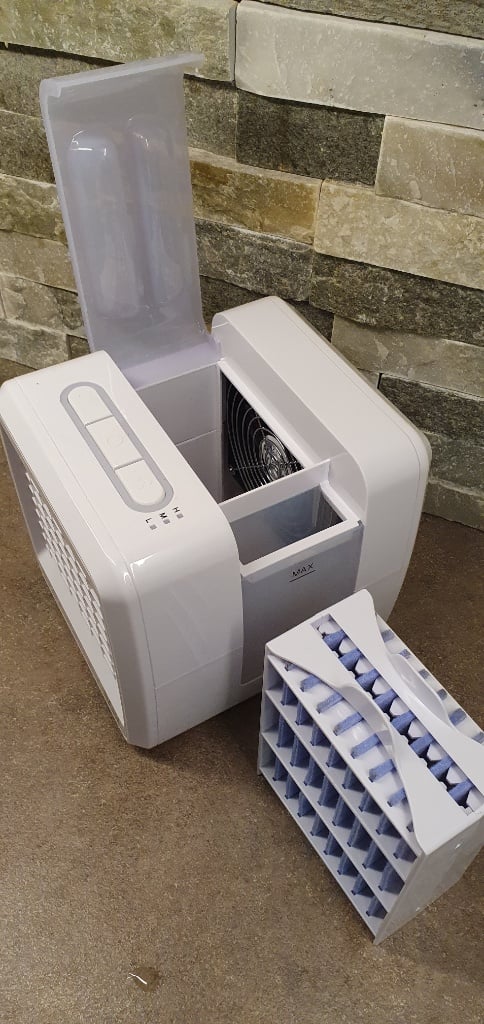Ask Lemmy
A Fediverse community for open-ended, thought provoking questions
Rules: (interactive)
1) Be nice and; have fun
Doxxing, trolling, sealioning, racism, and toxicity are not welcomed in AskLemmy. Remember what your mother said: if you can't say something nice, don't say anything at all. In addition, the site-wide Lemmy.world terms of service also apply here. Please familiarize yourself with them
2) All posts must end with a '?'
This is sort of like Jeopardy. Please phrase all post titles in the form of a proper question ending with ?
3) No spam
Please do not flood the community with nonsense. Actual suspected spammers will be banned on site. No astroturfing.
4) NSFW is okay, within reason
Just remember to tag posts with either a content warning or a [NSFW] tag. Overtly sexual posts are not allowed, please direct them to either [email protected] or [email protected].
NSFW comments should be restricted to posts tagged [NSFW].
5) This is not a support community.
It is not a place for 'how do I?', type questions.
If you have any questions regarding the site itself or would like to report a community, please direct them to Lemmy.world Support or email [email protected]. For other questions check our partnered communities list, or use the search function.
6) No US Politics.
Please don't post about current US Politics. If you need to do this, try [email protected] or [email protected]
Reminder: The terms of service apply here too.
Partnered Communities:
Logo design credit goes to: tubbadu
view the rest of the comments


I expect you're either both right or wrong, depending on how you want to look at it.
Forget quibbling over the filter, the air, the fan, whatever. Just consider yourself in a closed system.
Evaporation is an endothermic reaction. Energy is "used" as part of the state change. This energy comes from the surrounding environment, but the temperature of the water does not change during evaporation.
The ambient energy expended reduces the heat in the environment. Less heat in the same materials will result in a lower temperature, which is to say that evaporative cooling is real. So the Mrs. is correct.
Does THIS device provide enough to actually meaningfully cool your space? Tough to tell. You could weigh how much water you're evaporating, look up how much energy that expended
https://www.engineeringtoolbox.com/water-properties-d_1573.html
And then try and rough out how that would translate to a cooler room with specif heat capacity of air....
But honestly I'd probably just try and ignore all the interactions and just use a thermometer at the output of that thing to see if it's at all different from the ambient temperature of the room.